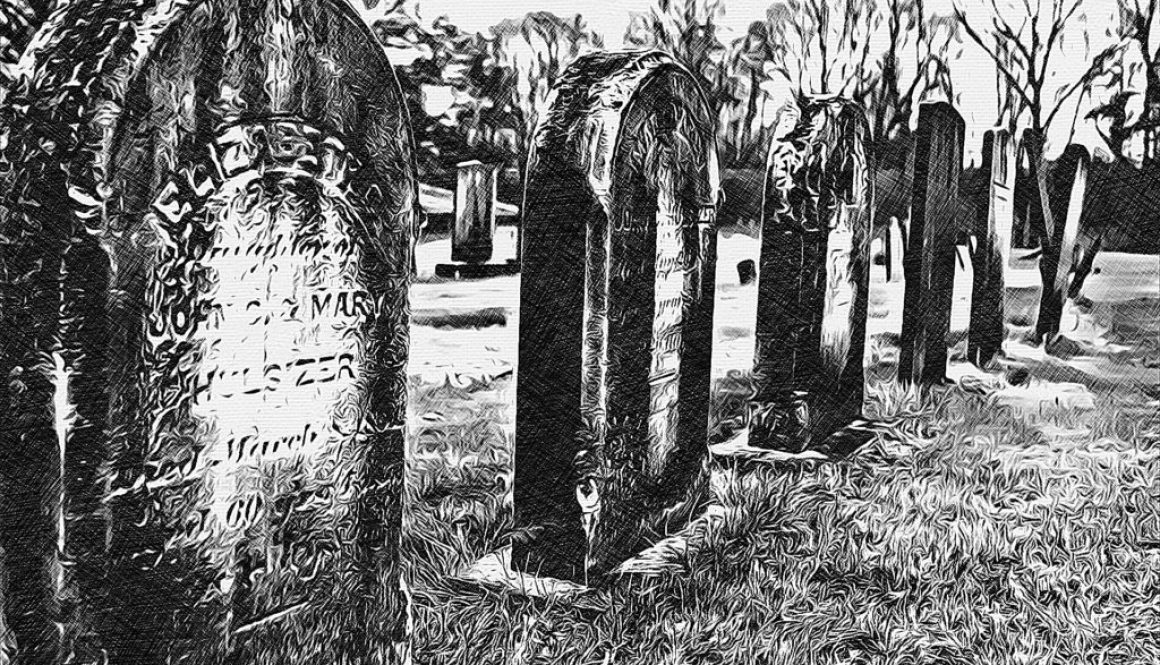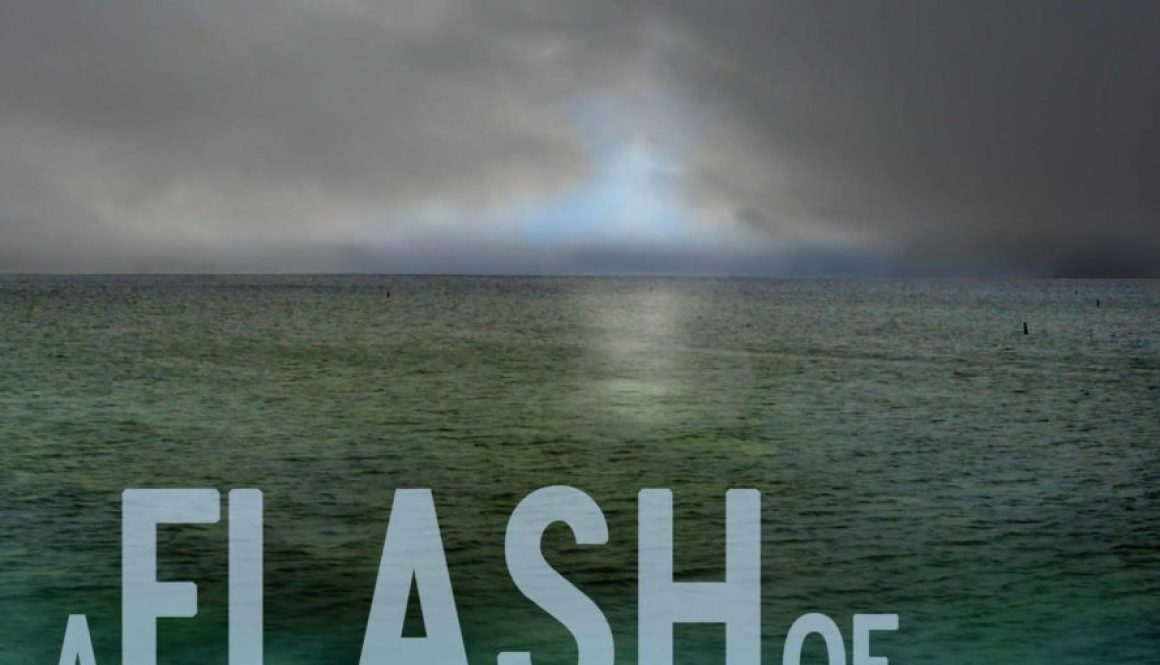Alon Preiss: Immortality? Feh!
[This article first appeared in 2018.]
I read the other day about a bunch of rich bastards who want to live forever. Imagine it: we poor slobs in the 99% die and rot, get eaten by worms and all that, while Peter Thiel and his ilk achieve immortality, and just keep golfing and tweeting.
I guess that there is something disheartening about this potential new class divide. So if it truly came about, there would pretty quickly be an effort to fix the problem, to make the technology universal. Imagine the rage that would burn if the poor and middle class watched their loved ones die, while the rich lived on and on.
But the solution isn’t for all of us to live forever. It’s for those rich bastards to die too.
Aging isn’t necessarily a given. There is no reason why our new cells should be any worse than our old cells. Human beings are perfectly capable of reproducing, and our offspring do not come out wrinkled and decrepit. Aging is the result of a mutation; but since it kicks in late in life, after we’ve already reproduced, evolution didn’t adjust for it.
In Tuck Everlasting, Natalie Babbitt imagined a family that had discovered the fountain of youth. They not only stopped aging, but they were suddenly immune to injury.
This is not how it would really work. If the aging process were reversed, that would not be a recipe for immortality. We would still fall off cliffs and die. 1.3 million people per year die in car accidents. A few million others die in other ways. Eventually, it would happen to Peter Thiel. He wouldn’t live forever.
But it is true that if the aging mutation were reversed, then when someone falls off the cliff, he will fall off the cliff with a full head of hair and a fully functioning penis. And the odds are that he would live a much longer time with that full head of hair and fully functioning penis before falling off the cliff.
It sounds as though that might be worth it.
Still, here is the argument against it.
We Jews (or anyway, my brethren who practice) repent every year on Yom Kippur by reciting a list of sins and beating our chests in atonement; but every year, the list of sins is the same. You don’t see the rabbis scratching any sins off the Yom Kippur list. We as individuals are simply not getting better.
The most we can each really hope for is that we do not get much worse.
Even that is unlikely.
In my experience, human beings do not age like fine wine. They age like a runny dog turd on a Manhattan sidewalk in August.
How many times have you really said about an eighty-year old, You know, that guy used to be a real jackass when he was seventy. But now that he is eighty he is terrific. Or this: You know, that eighty-year old guy is a real jackass. I wish he could have more time to really improve.
So here are the two reasons to be skeptical of immortality: 1) you would be stuck with your rotten self; and 2) you would be stuck with all the other rotten bastards on the planet.
The same TV celebrities would be on the air for centuries. Jason Alexander would keep coming up with new sitcoms, still hoping for a comeback.
You would celebrate Thanksgiving every year with that same drunken uncle who hates black people and loves Trump. And every year, he would still love Trump and hate black people, because neither he nor Trump would be going away any time soon, and neither would you, maybe for a few hundred years.
Every day, you would wake and look at the web to see what sort of crazy thing Trump had tweeted that day. Why do you think you’ll ever be able to stop? With indefinite life, it would go on and on and on.
You’d have the same shitty job for centuries, with the same shitty boss. No, you wouldn’t change jobs every five years or so, the way you can today in our mortal world, because you would pretty quickly run out of companies to work for.
Every day, you would come in to work, hang around the coffee machine, drink the same coffee, talk to the same idiots about the crazy thing that Trump tweeted that day, and you would nurse the same grudges against the same idiots that you’d had grudges against a hundred years ago.
Your work colleagues and friends would not suddenly come up with new jokes to tell, or have new and more-interesting stories. If you think hearing the same jokes and stories over and over again is tedious now, imagine another two centuries of them. And don’t pretend you’d find new friends. I mean, pretty quickly you’d know everyone on the Upper West Side. You know that guy with the long beard and the obscenely tiny little shorts, with the spindly legs? Not only would you still pass him on the street every day on the way to the subway to commute to your awful job, and every Sunday on the way to pick up your bagel, but after another couple of centuries of life, you’d actually eventually know him, and really well. Do you think he has anything interesting to say?
Life would also stop improving. Every one of us has one great idea, if we’re lucky, and most of us don’t even have one. Do you think that everyone would come up with lots of great ideas if we suddenly had a few more centuries to work on it? Do you think the reason your 90-year-old uncle Saul has not had a great idea yet is because he hasn’t had enough time? The world would simply get stuck in a rut; the jerk who has one great idea (Zuckerberg, for example) would live off his one great idea for centuries, and the rest of us would drink a lot, the way we do now, but with no end in sight. We’d pretty much be stuck with Hello Kitty and Facebook for another thousand years.
I promise you that you would not become more interesting or cultured. Do you think that if you had another two hundred years to live, you would finally read Moby Dick? Would you learn about string theory?
It also seems to me that this development – a true anti-aging breakthrough – would discourage even the mildest risk-taking. Today you might hop on a surfboard, ski down a mountain or even ride in an airplane with a cavalier, “Well, no one lives forever!” Today, if you drowned in the sea, hit a tree on your skis, or went down with your plane, you’d be missing out on a few years or decades of life. But post-breakthrough, you’d be losing eternity. Think how conservatively we might view something like crossing the street. In yet another way, Life would become more dull.
But this is not really an argument for being grateful for the way things are, or to look forward to our Heavenly reward. I have always been pretty resentful about this whole “death” business, and I am pretty sure that this is all there is, this ridiculous existence. Evolution has made human beings immensely flawed and ridiculous creatures; the indignities of aging, and the inevitable “bad death” that results, is the final bad joke.
But I guess I am saying that it could be worse.
Which hadn’t really ever occurred to me before.
Alon Preiss is the author of A Flash of Blue Sky (2015) and In Love With Alice (2017), which are both available from Chickadee Prince Books.

